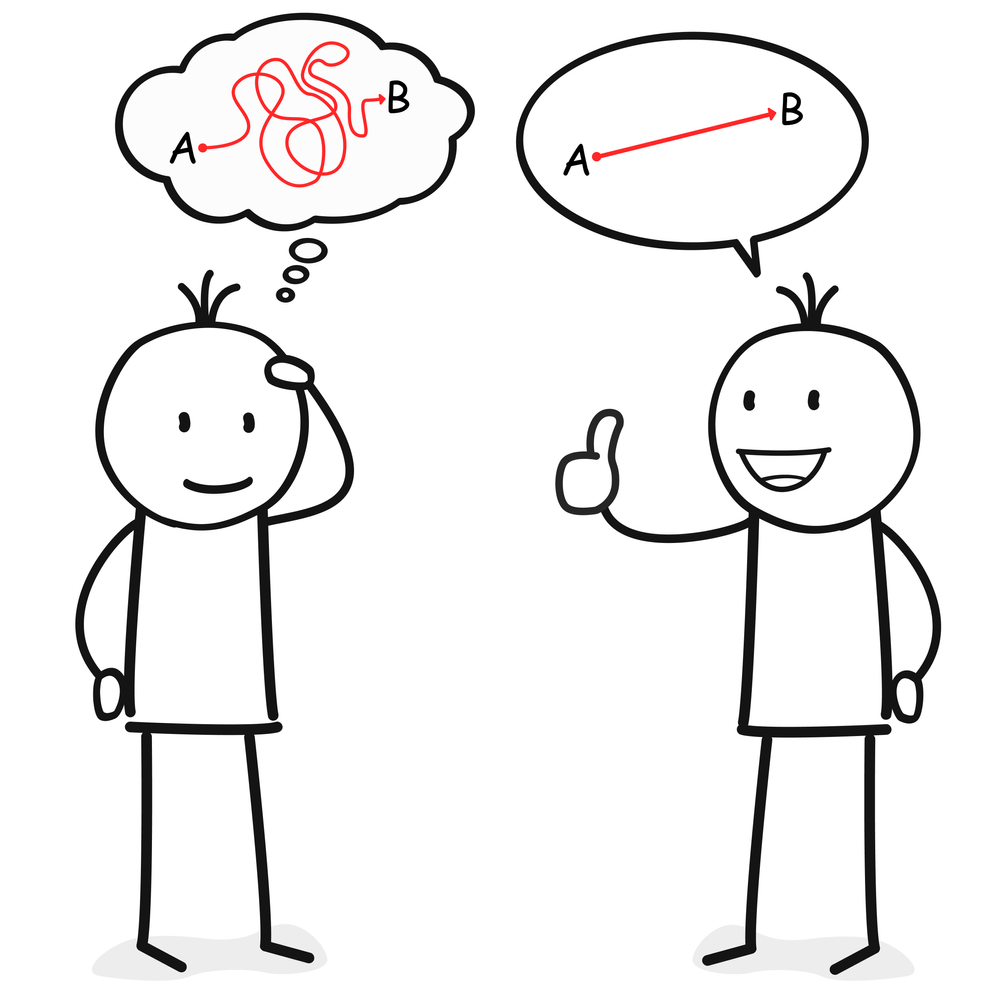
The rise of distributed energy opens the door to energy democracy, an opportunity for households, businesses and communities to have more control over their energy supply and share in energy wealth.
However, to achieve this goal meaningfully, distributed energy must reach scale in the United States, and right now, a myriad of antiquated market structures and regulations stand in the way.
Pew Charitable Trusts has decided to take on this problem as part of its quest to help decarbonize and modernize the grid.
In a recent interview with Energy Changemakers, Maureen Quinlan, senior officer, clean grid & energy at Pew, described a new initiative by the global non-profit to create a center of gravity for distributed energy in the US.
Quinlan noted that the US is focusing heavily on deploying more transmission and large utility-scale renewables, but a gap exists when it comes to providing attention, investment, and aggressive goals for the distribution side of the grid.
“How do we leverage all the capacity we have to further deeply decarbonize and do it quickly and cost-effectively and in a way that can directly benefit customers and consumers?” she said. “We looked around and felt like you, and a lot of your readership, that the policy landscape right now is really a patchwork. It’s not enabling the rapid acceleration that we need of DERs in this moment.”
Subscribe to the free Energy Changemakers Newsletter
Pew hopes to provide some order and direction by creating a DER roadmap over the next year that investors, policymakers, regulators, and others can use as an implementation plan to move forward. The organization plans to bring together leaders in the DER space to advise on the roadmap and has started by recruiting two notable figures, Audrey Zibelman and Pat Wood.
Zibelman is the former chair of the New York State Public Service Commission and a key figure in launching the state’s Reforming the Energy Vision (REV), often cited as creating one of the most advanced state models to compensate DERs accurately. She is also the former CEO of the Australian Energy Market Operator, so brings lessons from a country that receives 10% of its electricity from DERs, a number expected to grow to 45% by 2050. (By comparison, estimates show the US generating only a few percentage points of its power from DERs.)
Wood, a long-time champion of decentralized power, served as the chairman of the Public Utility Commission of Texas and of the Federal Energy Regulatory Commission under former President George W. Bush.
Pew wants the effort to be a bipartisan platform that engages the broader DER community and leverages rather than duplicates work already underway by various organizations. In doing so, Pew hopes to create a national vision for DERs, but expects to put most of its time into state policy and regulation, in keeping with how the US regulates electricity.
The effort is still new and more details will be forthcoming as the group’s work gets underway. Stay tuned!
